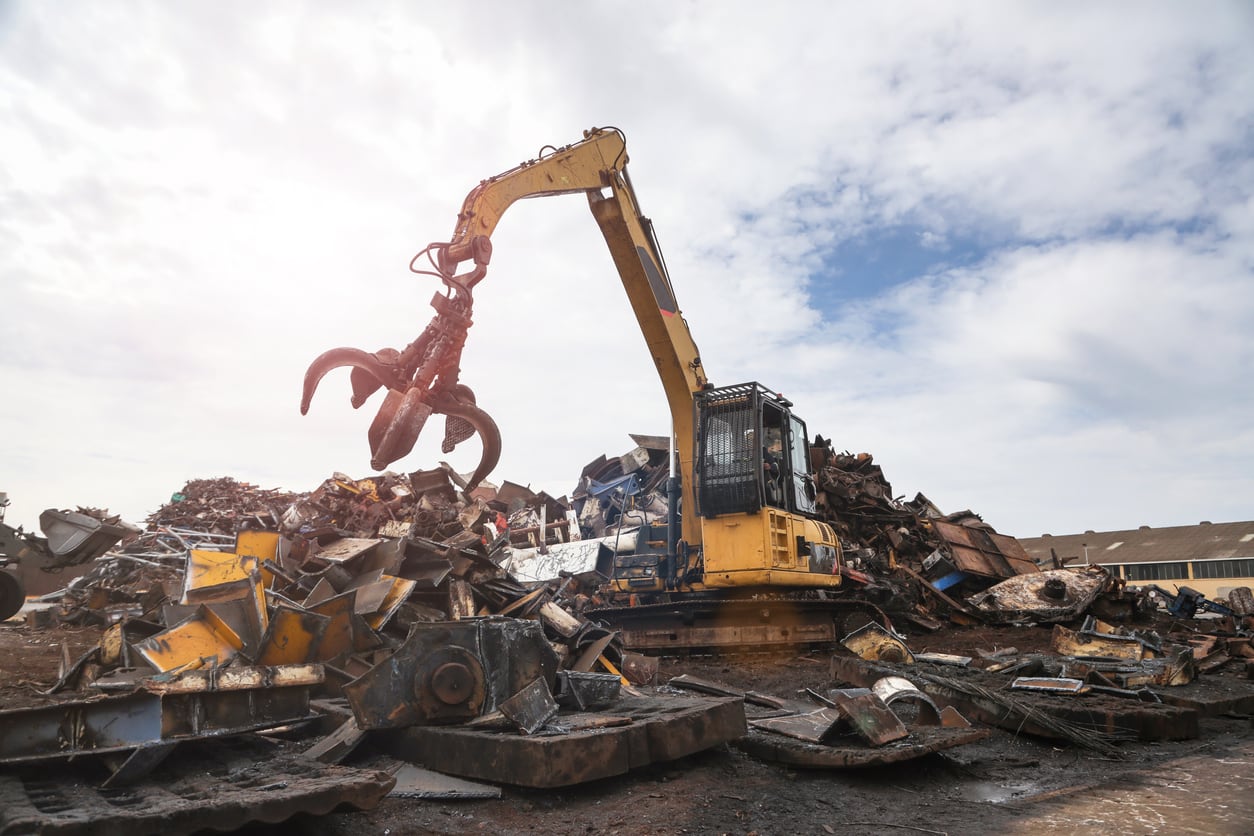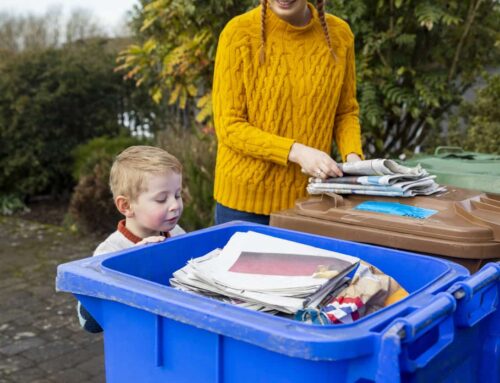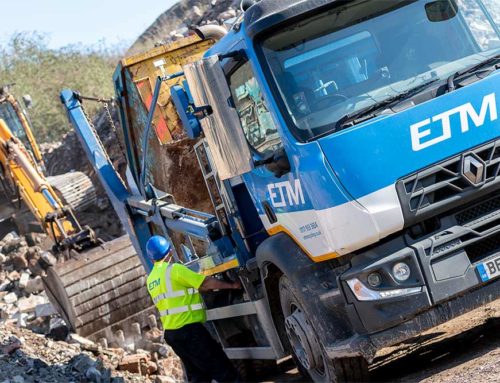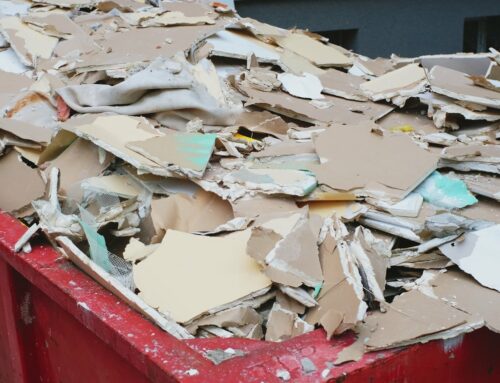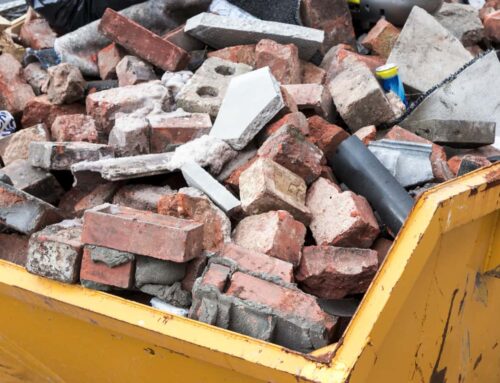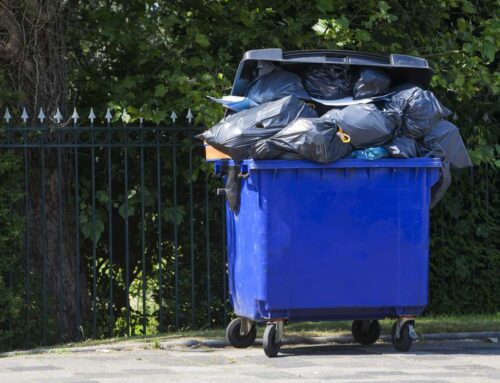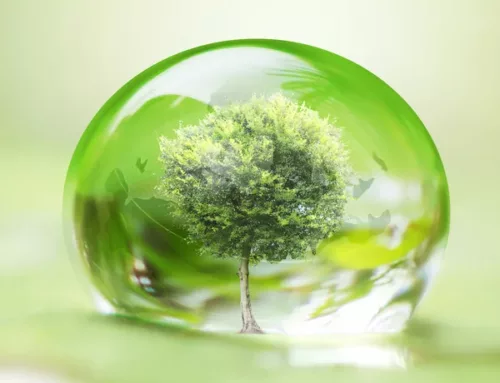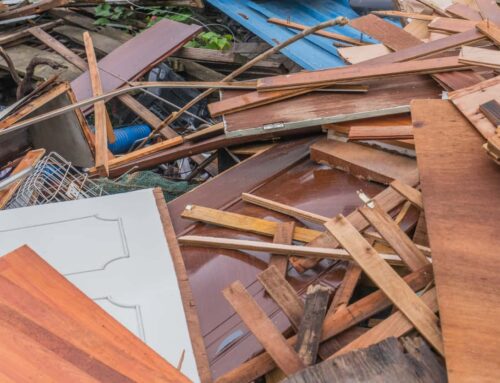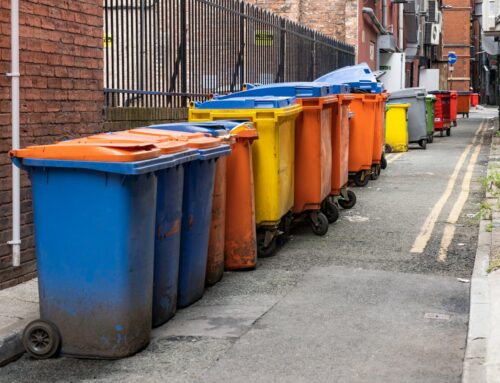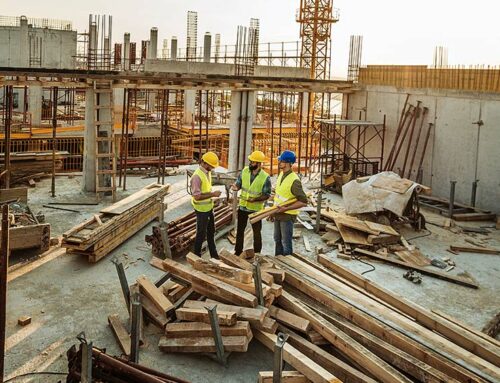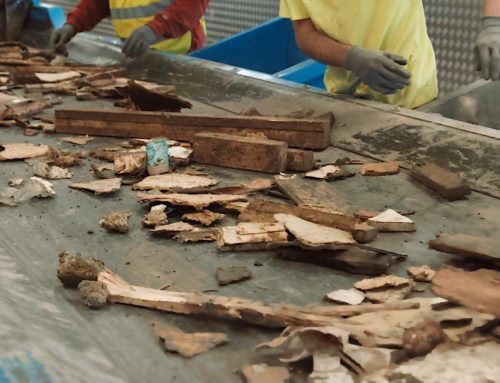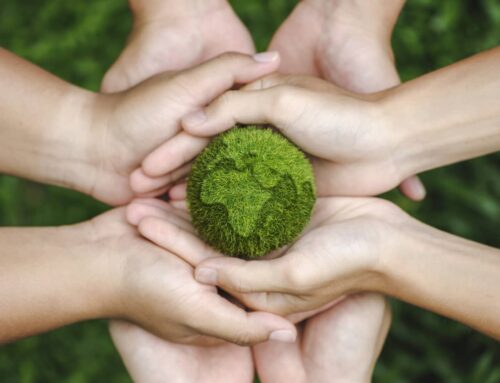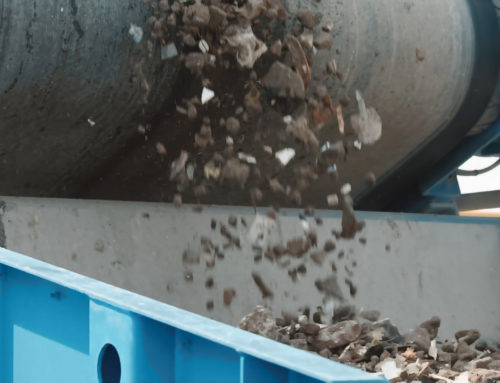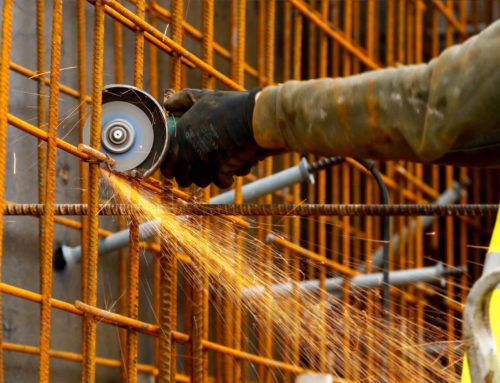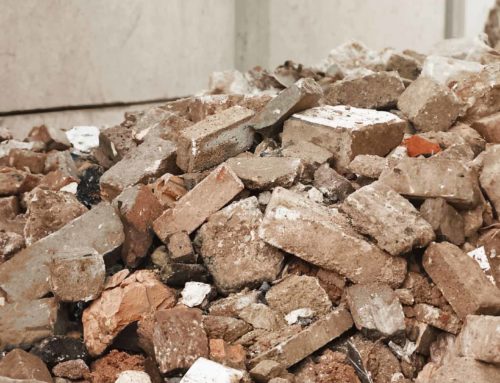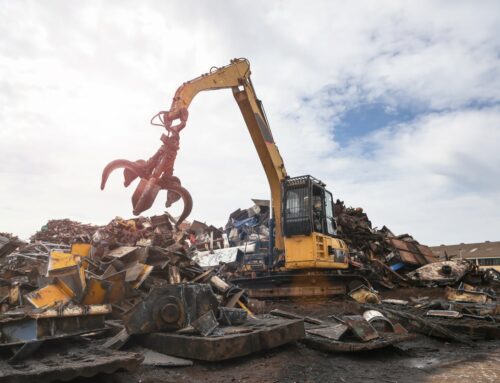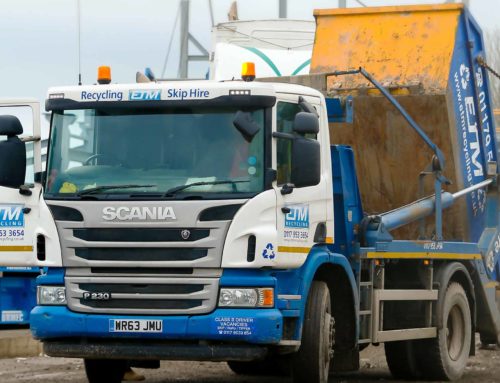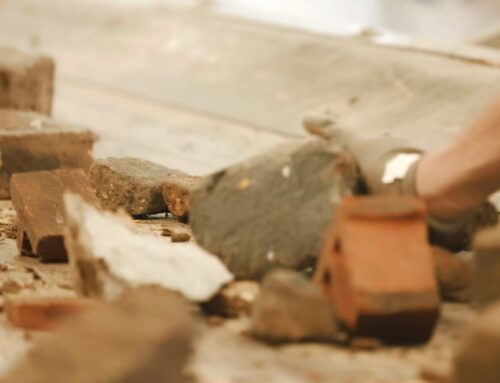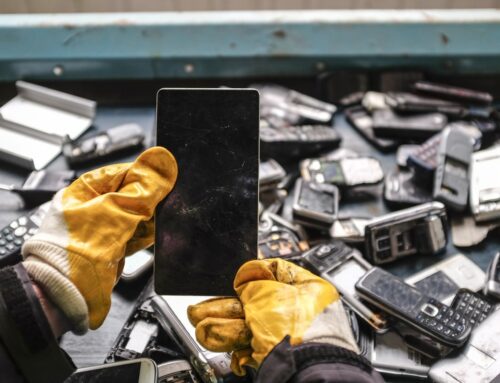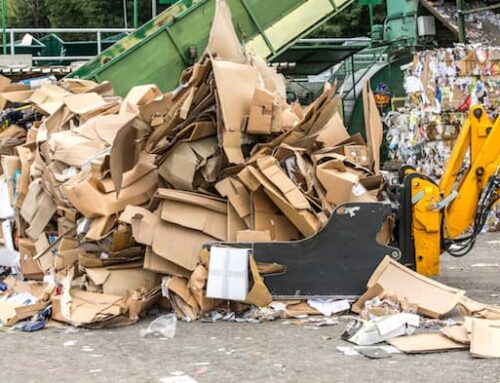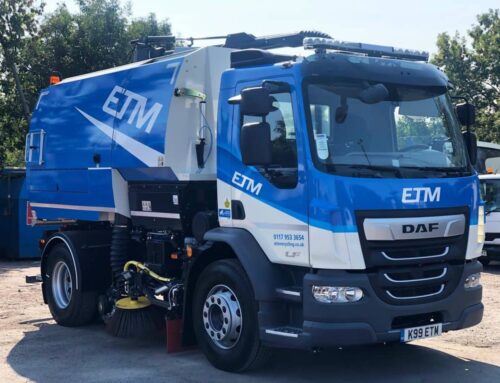Our planet has a lot of resources available, and some are more important or useful because there is an ever-increasing demand for energy, services and commodities. Of these resources, non-renewables are used the most and make up what we know as the six main resources.
Water, air, coal, gas and minerals are these resources, and they are limited, and the seventh resource can help reduce the use of non-renewables by providing an alternative, eco-friendly alternative. If guess it already, the seventh resource is recycling and its key to the future of sustainability.
At ETM Recycling we are one of the largest waste management providers in the South West. We are experts in waste and have put together this article on the seventh resource (Recycling), and what we can all do to improve our efforts.
How can the Seventh Resource Help with Sustainability?
As already mentioned, recycling as a process can help preserve our non-renewable resources by providing an alternative, renewable resource.
The seventh resource already saves 700 million tonnes of in CO2 Emissions which equates to offsetting the emissions of the global aviation industry (around 3% of global emissions). It also provides 40% of the world’s raw material needs according to the same study.
Recycled materials are gaining popularity around the world because they are a cost-effective and environment conscious option that some customers prefer for various reasons. Whether it’s a recycled cardboard food tray in India or bricks made from recycled plastic in Ivory Coast; it all helps reduce waste and extend the life of existing materials.
The uses of recycled materials are constantly increasing and with new innovations and process, we are finding new ways to make the most of what we already have. For example, recycled plastics, rubber other recycled materials can be used to make diesel and petrol.
The obstacle of liquefication or gasification of recycled carbon fuels has held it back from being widely adopted. In 2020 the UK government announced plans to scale up plastic liquefaction technology so hopefully it becomes a more viable option in the near future.
How Can We Reduce the Use of Non-Renewable Resources?
It may seem like something out of your control unless you’re a politician or the director of a large multinational, but we can all help with the transition to using more recycled materials.
Whether this is being more responsible with your own waste or encouraging the use of the seventh resource more, every contribution matters with sustainability. You can be more mindful of what you throw away and try to recycle more. Recycling properly is also important as it reduces contaminated recycling materials and makes it easier for processing it and reusing it.
How can you improve waste management >
The Bureau of International Recycling is a global body for championing recycling and educating the world on sustainable practices. In 2018 they held the first International Recycling Day and have help it annually since then. Initiatives like this increased awareness about the seventh resource and help further the cause for sustainability at the same time.
They are also well known for lobbying governments and large organisations to be more conscious of their effects on the environment and published the Seventh Resource Manifesto. This is something you can partake in too by encouraging your local governance or council to be more sustainable and make recycling easier.
What are the Benefits of the Seventh Resource Compared to Non-Renewables?
In order to clarify the importance of the seventh resource, we’ll outline how it can help with reducing waste and the positive knock-on effects of transitioning away from non-renewables.
We’ve already addressed the main environmental benefits like preserving resources, protecting valuable ecosystems and ensuring sustainability for the future. These are the most important goals of using the seventh resource but there a numerous other benefit to both our societies and environment.
One of the biggest societal benefits is job creation; sustainability efforts create employment as human labour is required for most processes and initiatives. Innovation, particularly automation is however making the recycling process a lot more streamlined which requires less people, but it will help scale recycling going forward.
Fortunately, this will just create more demand for skilled labour like administration, engineering and coding. There are currently 1.6 million people worldwide are employed in processing recyclables so and it is rapidly expanding sector of waste management.
The innovation that recycling brings is sometimes transferable to other industries everything from packaging to service delivery requires some kind of material. This means the seventh resource is becoming the more sensible option for a lot of sectors and industries.
Learn more about a zero waste to landfill waste management strategy >
What Does the Future of the Seventh Resource Look Like?
Some people argue that recycled carbon fuels will only compete with current recycling efforts. Because of this, a lot of policy makers are promoting mechanical recycling as the better option. Unfortunately, the sustainability of mechanical recycling is not comparable because there is still a limited lifespan for the materials.
A truly green product lifecycle requires chemical/molecular recycling, and this also produces a more high-quality, attractive product which should help with transitioning to using recycled materials as much as possible.
Learn more about ETM Recycling’s waste management services >
The Role of the Seventh Resource and How Recycling can Create a Better, Greener World.
Therefore, it’s safe to conclude that the seventh resource is in invaluable and can help reduce the impact on our environment.
Recycling can also create benefits like better supply chains, employment and innovation in addition to the environmental responsibility. It is however important that everyone plays their part, and that sustainability is steered in the right direction so that the right decisions are made.
At ETM Recycling, we are leaders in trade waste management, recycling, and skip hire with the largest waste management fleet in the region. We provide a wide range of recycling services and solutions and are also suppliers of recycled materials.
Contact our team today, they are always happy to help with any of your enquiries.
